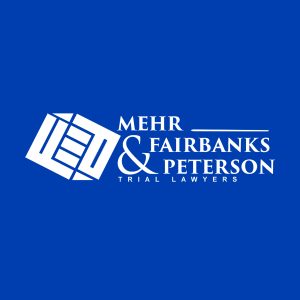
Recently, a federal judge in Texas court ruled in favor of retired NFL player, Michael Cloud, determining that the administrators of The Bert Bell/Pete Rozelle NFL Player Retirement Plan (“Plan”) violated their fiduciary duties under ERISA in denying Cloud a full and fair application review. Cloud’s appeal concerned his eligibility for the highest level of disability benefits under the Plan, which was subsequently denied by the Defendants.
Cloud boasts an impressive NFL career, playing 7 seasons, including for the New England Patriots during their 2004 Super Bowl winning year. Cloud additionally played for the Kansas City Chiefs and the New York Giants between 1999 and his retirement in 2006. During his career, Cloud states that he injured “virtually every aspect of his body” as well as endured numerous cases of head trauma known as “dings” (an instance where a player’s vision goes black due to a hard hit to their head). One of Cloud’s last head injuries sustained in 2004 led to his early retirement, as the frequency and severity of the injuries had caused “cumulative mental disorders.” In 2010, Cloud began receiving benefits under the retirement Plan, and was found to be “totally and permanently” disabled in 2014. Subsequently, in 2016 Cloud applied for reclassification under the Plan but was denied both initially and on appeal.
Cloud brought an action against the Plan in 2020, alleging that his application for reclassification was never fully reviewed by the Defendants. He alleged that the Defendants (including six board members for the Plan) did not adequately review his over 1000-page application. Instead, a paralegal was made to write a summary of the application for the administrators. It has been speculated that the decision on the matter was already drafted before the administrators viewed the summary of the new appeal, as it cited to incorrect documents that belonged to the wrong benefits plan. Further, the denial letter included contradicting information with written minutes taken at the board meeting during their deliberation; the minutes state that the only reason for the denial was the Cloud did not show by clear and convincing evidence the existence of a new injury, while the letter additionally states that the application was made outside of a 180-day deadline among other timing issues. During closing arguments, counsel for Cloud stated that the issue of unfair denial is not new nor exclusive to Cloud, and that the Plan consistently failed to fully review applications by reviewing as many as 50 at a time with no discussion of the specific cases.
 Kentucky ERISA Disability & Life Insurance Claim Lawyers
Kentucky ERISA Disability & Life Insurance Claim Lawyers

